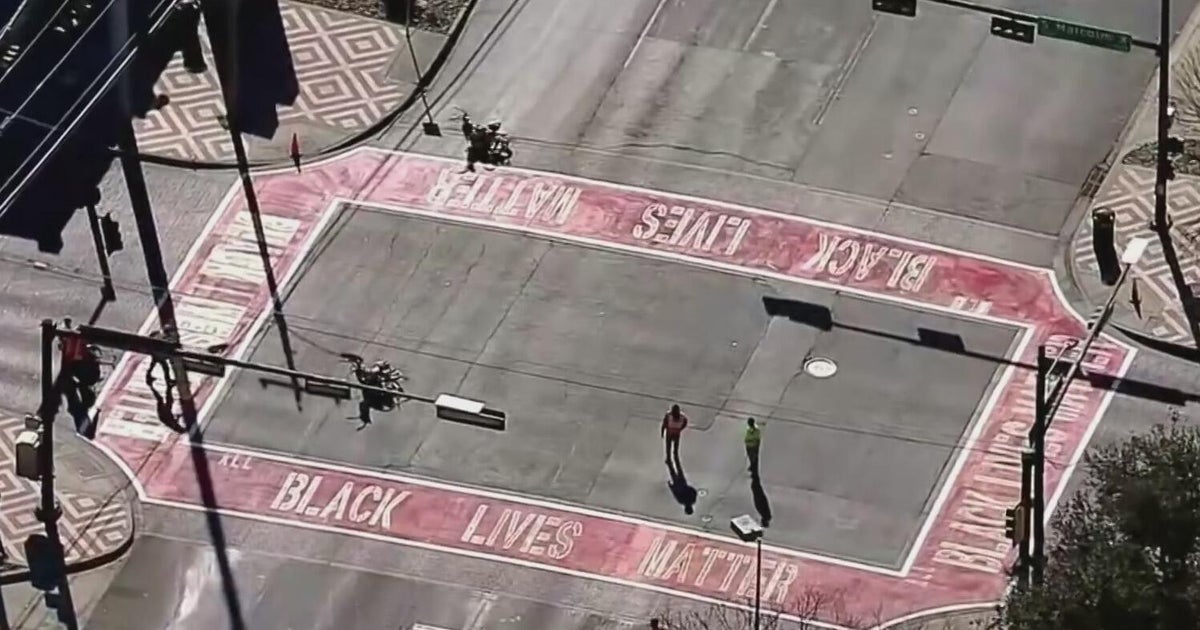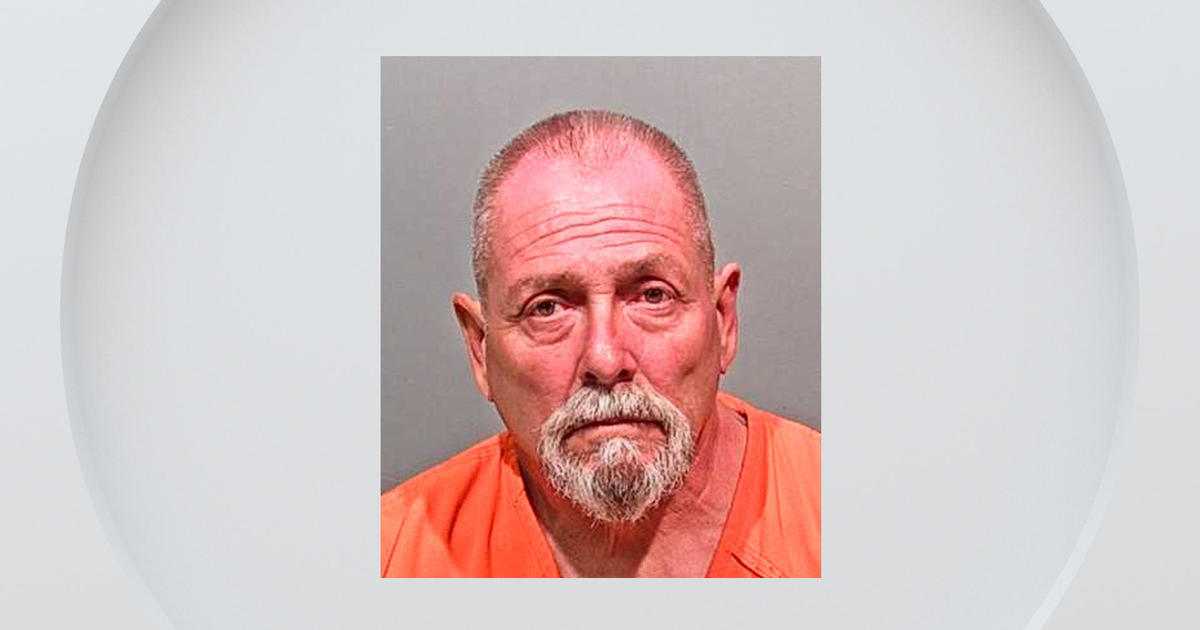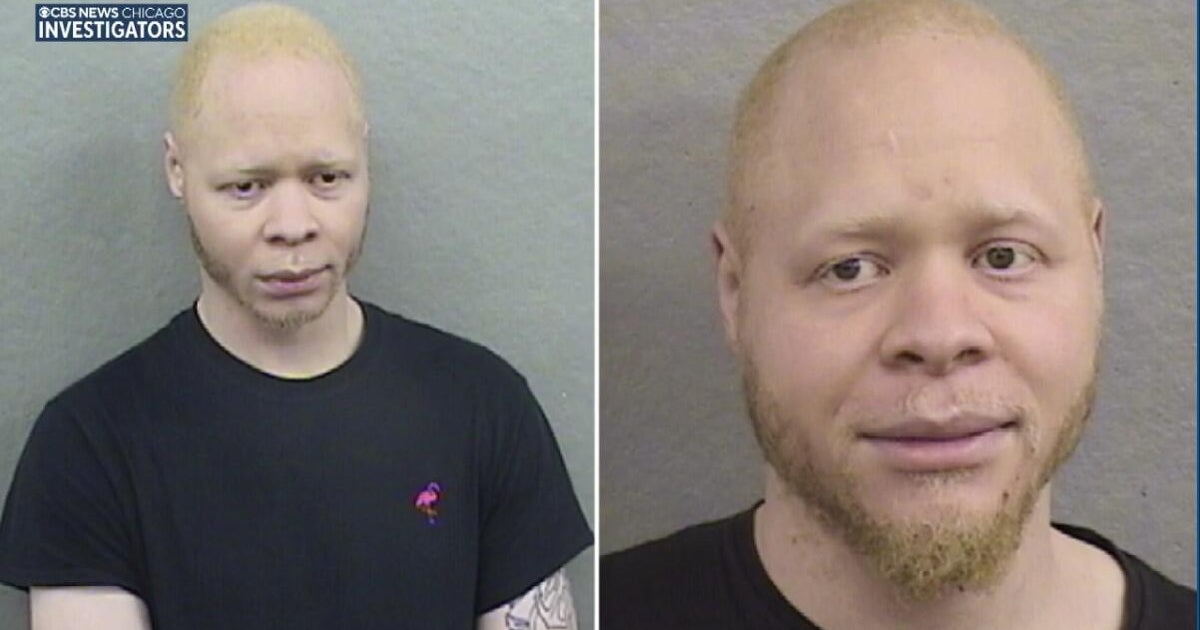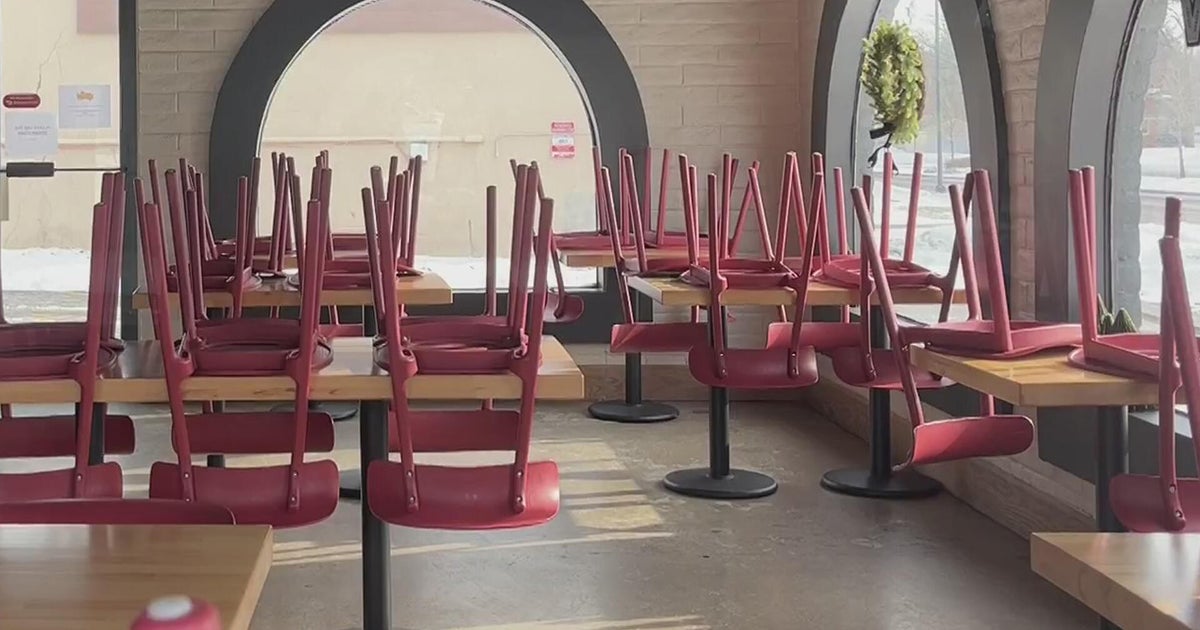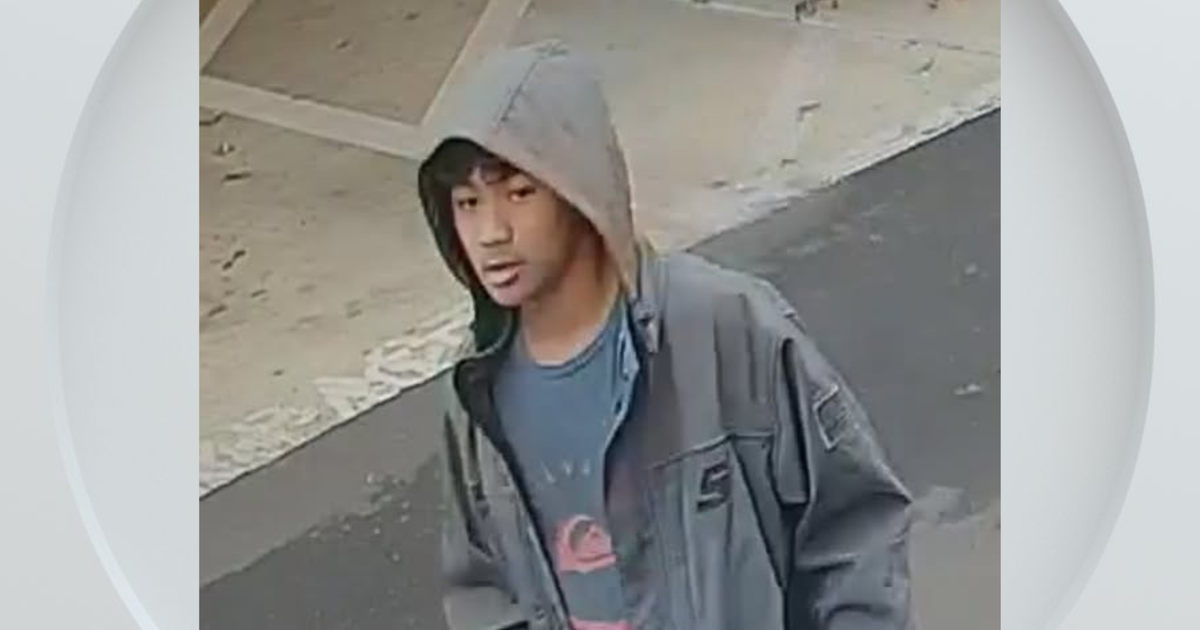Texas passes sexual conduct bill drag show artists fear will prompt crackdown
AUSTIN (AP) - Texas would expand what is considered an illegal public performance of sexual conduct, under a bill approved late Sunday by state lawmakers that drag artists fear will be used to criminalize their shows.
The bill approved by the Republican-controlled Legislature is part of a broader effort in Texas and other conservative states to crack down on drag shows and limit LGBTQ rights. Texas earlier this month became the largest state to ban gender-affirming care for minors, and lawmakers also approved another measure that would restrict transgender athletes in college sports.
The Texas bill on sexual content in performances was initially meant to bar children from attending drag shows. It was changed to remove specific references to drag shows, but it also broadened the scope of what would be illegal.
The bill would ban real or simulated groping, real or simulated arousal and display of a sex toy, if done in a "prurient" manner in front of a minor or on public property. And it includes a definition of sexual conduct that bars wearing accessories or prosthetics that enhance the female or male form in front of a minor or on public property.
Violators could face up to a year in jail, and businesses hosting performances deemed illegal could be fined $10,000 for each violation.
Some drag performers and LGBTQ activists call the new restrictions too vague and worry they will be unevenly targeted. Supporters of the bill say it's needed to protect children from seeing sexually explicit content, although some critics worry the vague nature of the potential violations could ensnare suggestive performances at rock concerts, by professional sports cheerleading squads or even behavior in private homes.
The bill now goes to Republican Gov. Abbott, who is expected to sign it into law.
In Florida, Gov. Ron DeSantis, who is seeking the Republican nomination for president in 2024, earlier this month signed into law new restrictions on drag shows that would allow the state to revoke the food and beverage licenses of businesses that admit children to adult performances.


